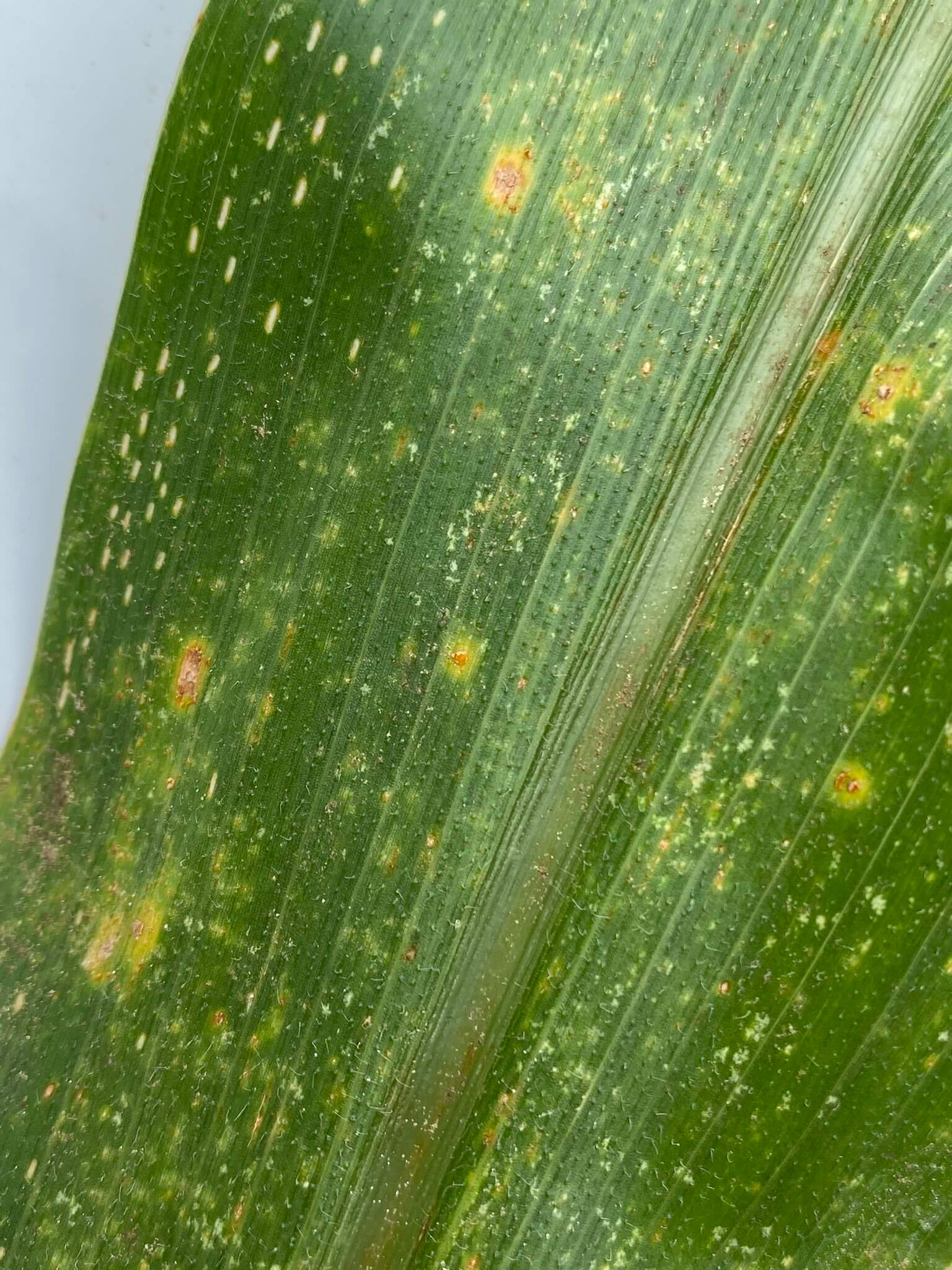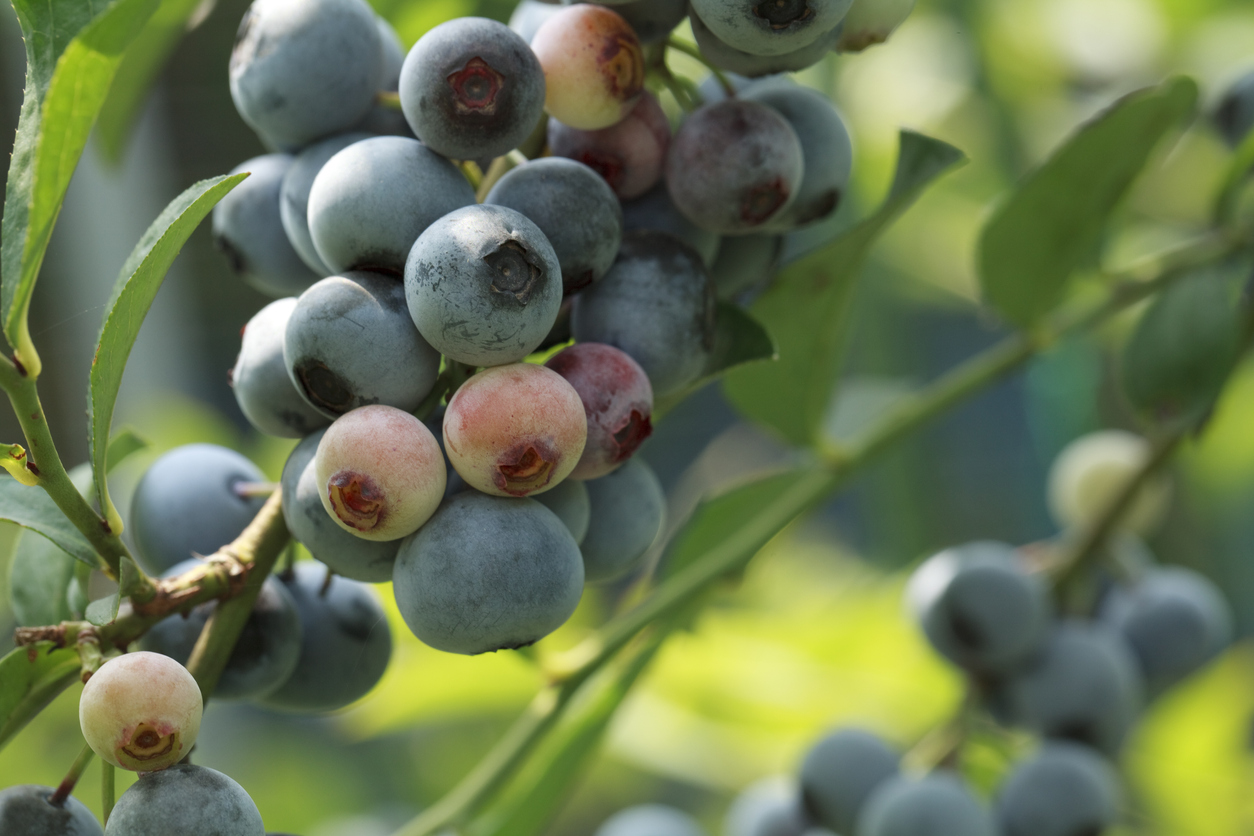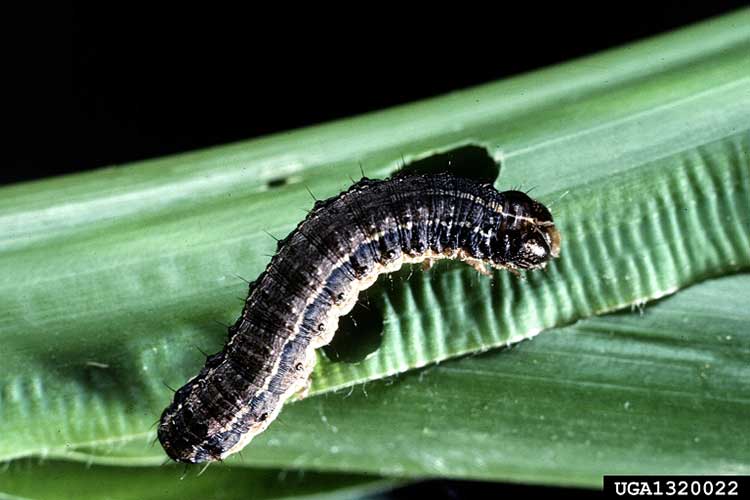Whether you work on a large family farm, in a home vegetable garden, or in a small, community garden vegetable plot, routinely scouting for insects should be an important part of your vegetable-growing plan.
Insect pests can be a costly problem in vegetables. The life cycles of some insect pests are so short that missing just one week of scouting can lead to an increase in pests and damaged crops.
Scouting involves carefully and deliberately walking though the garden and looking for insects on a routine basis. Inspect the leaves, fruits and vegetables. Check the undersides of leaves and the stems.
Insects often deposit eggs on the undersides of leaves, and evidence of boring insects can be seen on plant stems. If you can’t identify an insect, contact your local University of Georgia Cooperative Extension agent for assistance. Do not automatically apply insecticide.
Remove insect eggs by removing the entire leaf, folding the leaf over on itself and smashing the eggs. If you want to preserve the leaf, use sticky tape to remove the eggs. Place the tape on top of the egg mass and gently pull to remove the eggs. Fold the tape over on itself and smash the eggs.
Eggs like these are easy to miss if you don’t routinely scout your garden. It’s easier to deal with squash bug eggs than manage the over 30 squash bugs that could mature from these eggs.
Learning about common insect pests for the food crops you are growing can be very helpful. Leaf-footed bugs (Leptoglossus spp.) are a problem for tomatoes, while squash bugs are pests found in cucumbers, squash and pumpkins. Aphids (Aphidoidea superfamily) are a common problem, especially when plants are full of liquid, after a rain, or when plants are growing quickly. Mexican bean beetles (Epilachna varivestis) can easily destroy a bean crop, but these insects are sometimes mistaken for beneficial lady beetles.
Around 3 percent of insects are pests, so the insects you find in your garden don’t always cause problems. Don’t assume every insect you find is a bad bug. Take the time to learn about beneficial insects, such as assassin bugs, parasitic wasps and lady beetles, that can be tremendous allies in your garden. Often these insects need floral resources, so the plants you add to attract pollinators will also help other beneficial insects.
Scouting is just one tool of an integrated pest management (IPM) program. Other IPM tools to consider:
- Altering planting times to miss large insect populations
- Using trap crops
- Starting with healthy soil
- Keeping the garden clean of debris
- Hand-pulling weeds
- Creating a habitat for beneficial insects and pollinators
- Watering wisely
- Using plants that are proven to do well in your area
For additional information about insect scouting, insect identification, or pollinator or beneficial insect gardening, contact your local UGA Extension agent at 1-800-ASK-UGA1.

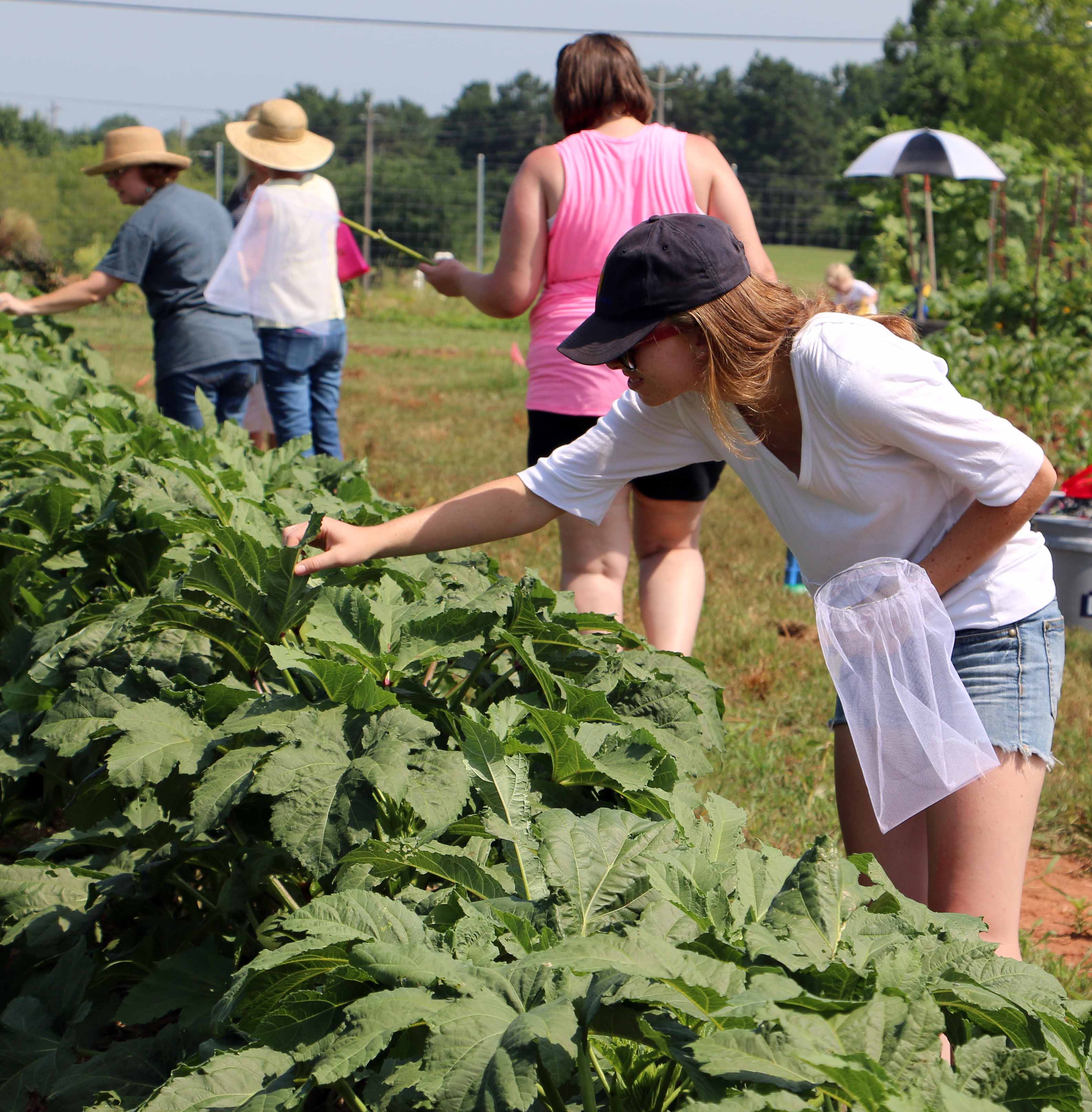
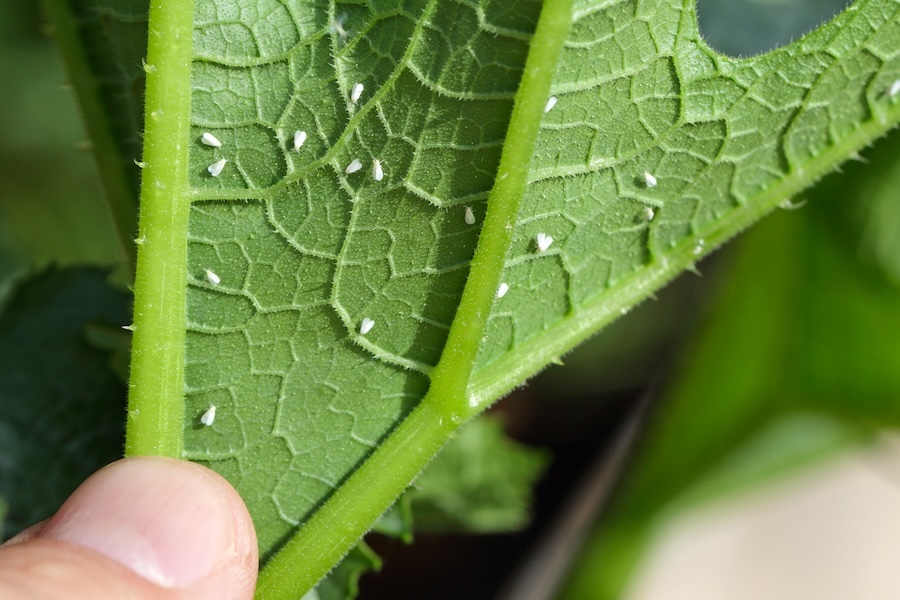
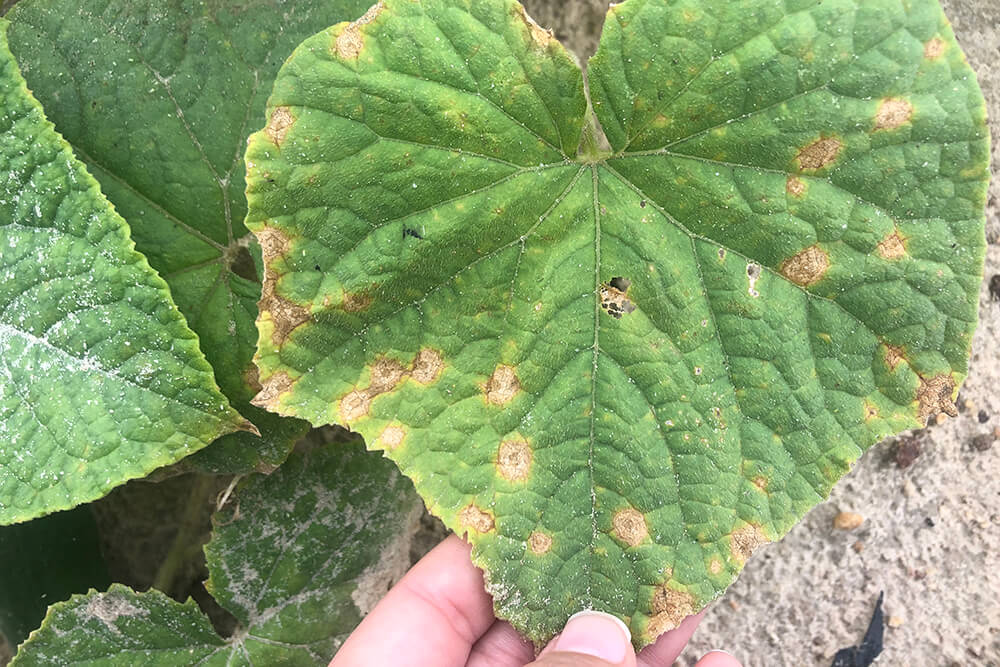
.png)
